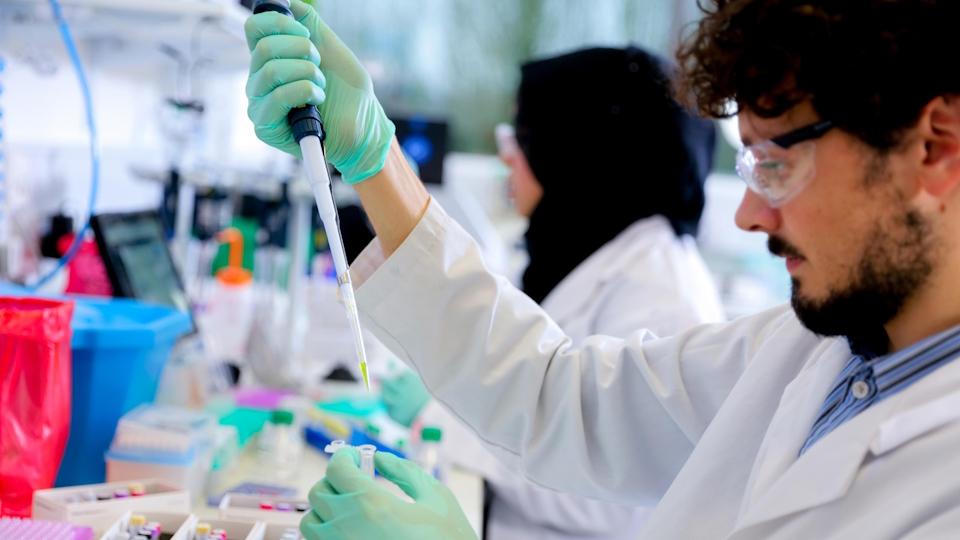Oxford Nanopore rises on Novo Holdings equity stake

Shares in genomics sequencing company Oxford Nanopore were rising sharply this morning after it announced an £80 million ($102 million) share placement that included a £50 million investment from Novo Holdings, the parent company of Danish pharma giant Novo Nordisk.
The Oxford-based biotech saw its share price rise around 13% on the London Stock Exchange after the equity issue was announced, hiking its market cap to almost £1.2 billion.
In a statement, Novo Holdings senior partner Dr Daniel Mahoney said that Oxford Nanopore had made "impressive ongoing progress to advance its technology platform" – a molecular analysis technology used for real-time DNA/RNA sequencing – and is gaining "commercial traction."
He said the investment "underscores our belief in Oxford Nanopore’s platform and its expanding opportunity in biopharmaceuticals, where rapid sequencing, richer data and a streamlined platform can support discovery and delivery of new drug therapies." The investment group also intends to raise its stake by up to £10 million.
The funding round comes after a somewhat volatile period for the Oxford Nanopore, which saw a sharp increase in revenues during the pandemic stemming from a contract to provide rapid saliva-based COVID-19 testing services to the NHS, which have now dried up, and has been making up the shortfall with new contracts for its main life science research tools (LSRT) business.
The company made its debut on the LSE in 2021, when its annual sales came in at £134 million, and saw revenues shoot up to £199 million in the following year – with £52 million of that total coming from COVID-19 testing – before falling back to around £170 million last year as testing revenue fell to zero. It remains loss-making and has set a target for profitability in 2026.
Growth last year in LSRT was a healthy 15% and now accounts for all its revenue. Oxford Nanopore's platform can enable biological manufacturing and quality control processes for mRNA-based drugs, potentially replacing multiple technologies with a single platform, said Novo Holdings.
It can also can also be used to generate epigenetic data – variations in DNA that can influence many diseases such as cancer – in large-scale studies and help to drive new healthcare discoveries.
"The Novo Holdings team brings deep knowledge of the biopharmaceutical market, including biomanufacturing, a key growth area for Oxford Nanopore," said the company's chief executive, Dr Gordon Sanghera.
"Our technology platform is uniquely suited to address the needs of this industry, where information-rich, rapid, and simplified sequencing is critical to developing and delivering biopharmaceuticals faster and with less complexity," he added.
The latest investment, which included existing backers as well as Novo Holdings, follows a £70 million investment from French in vitro diagnostics group bioMérieux last October.











